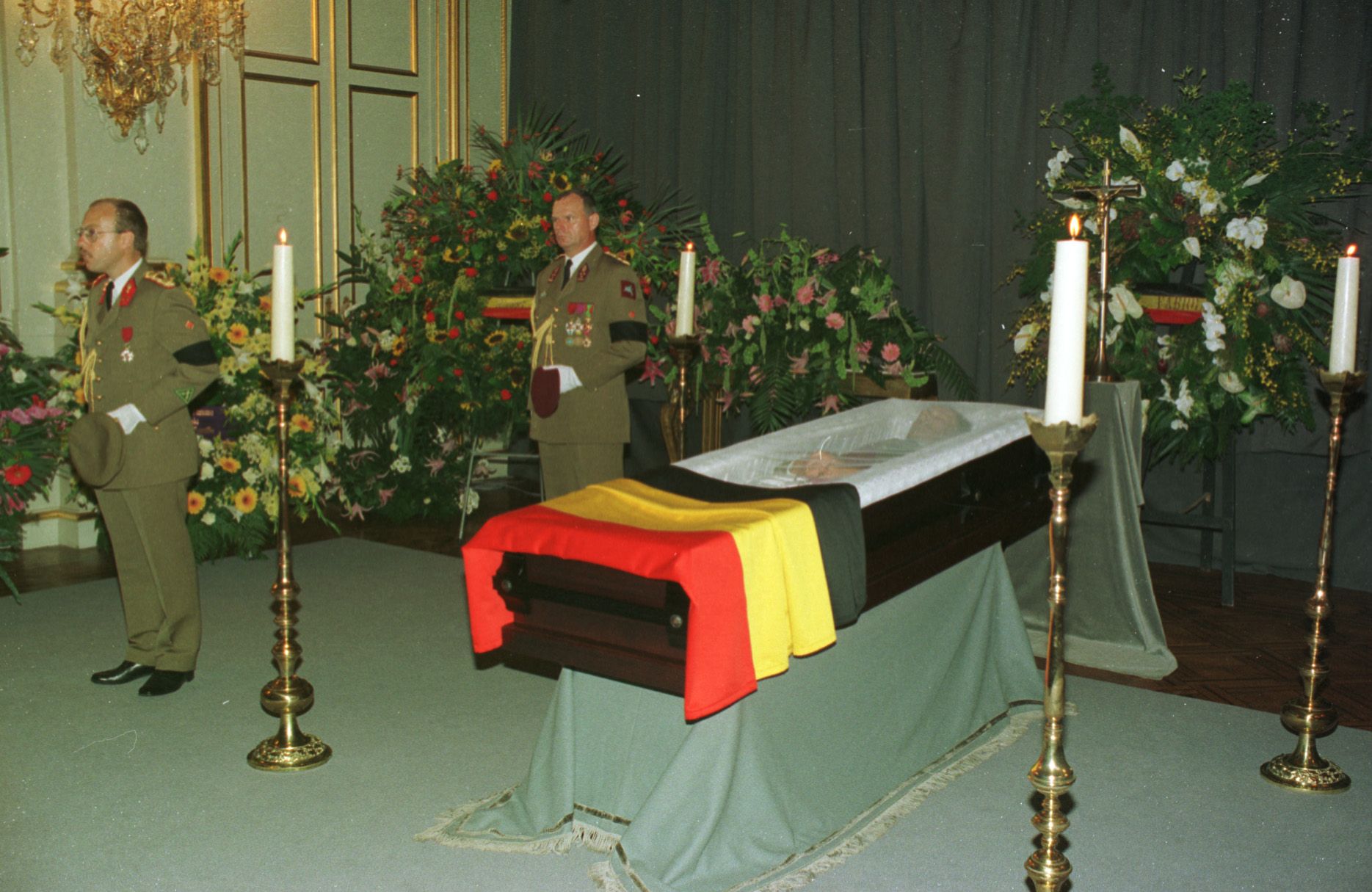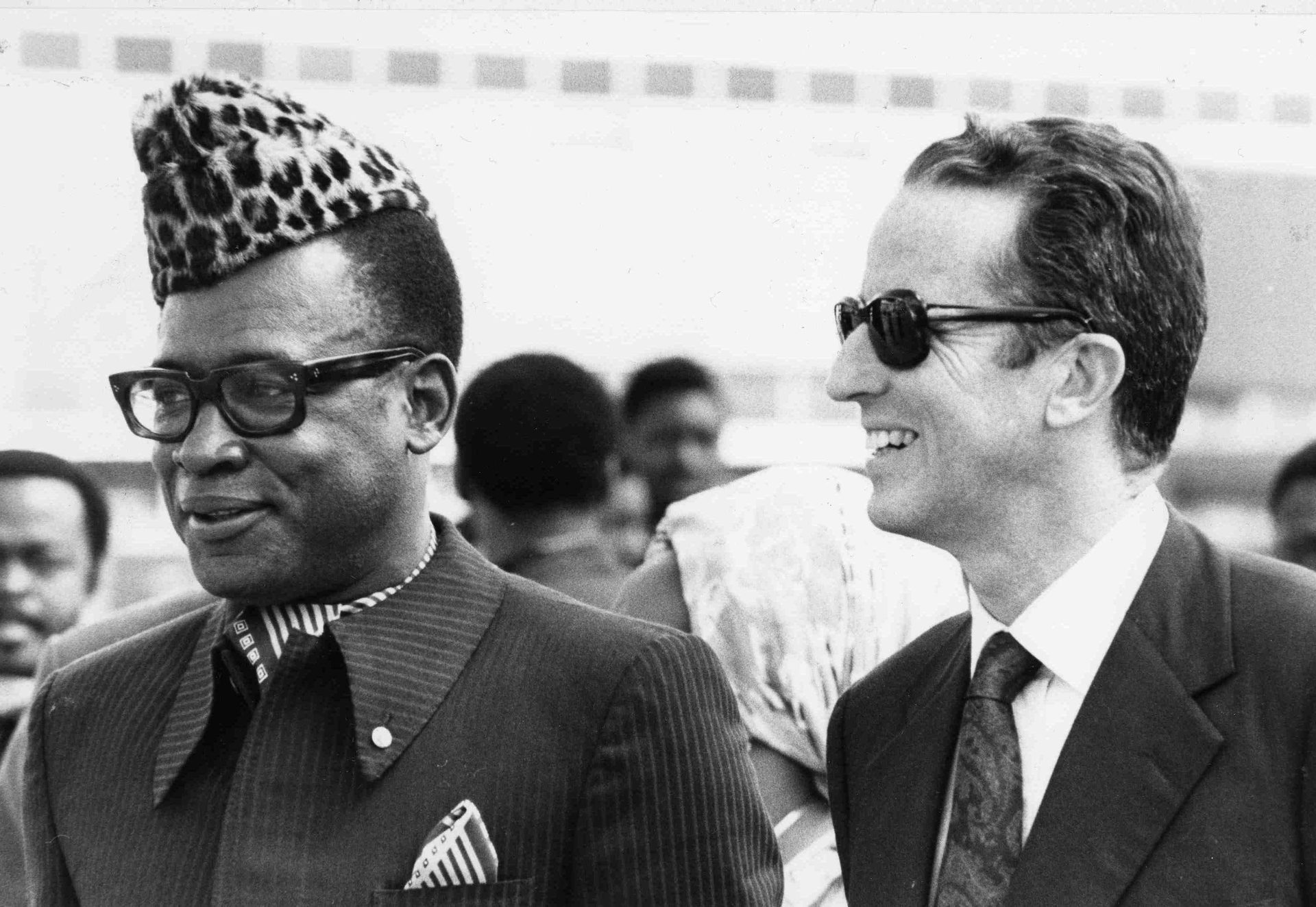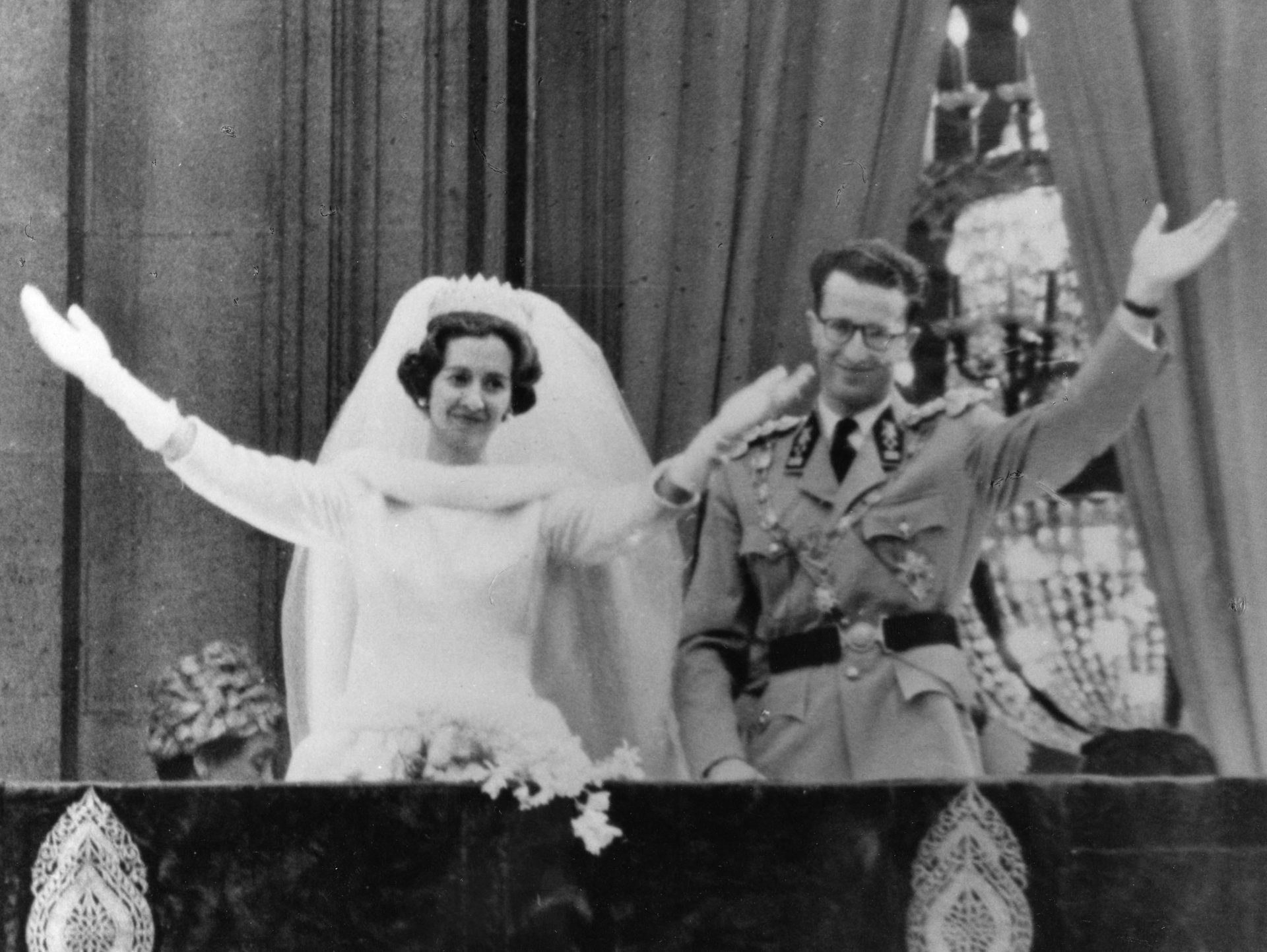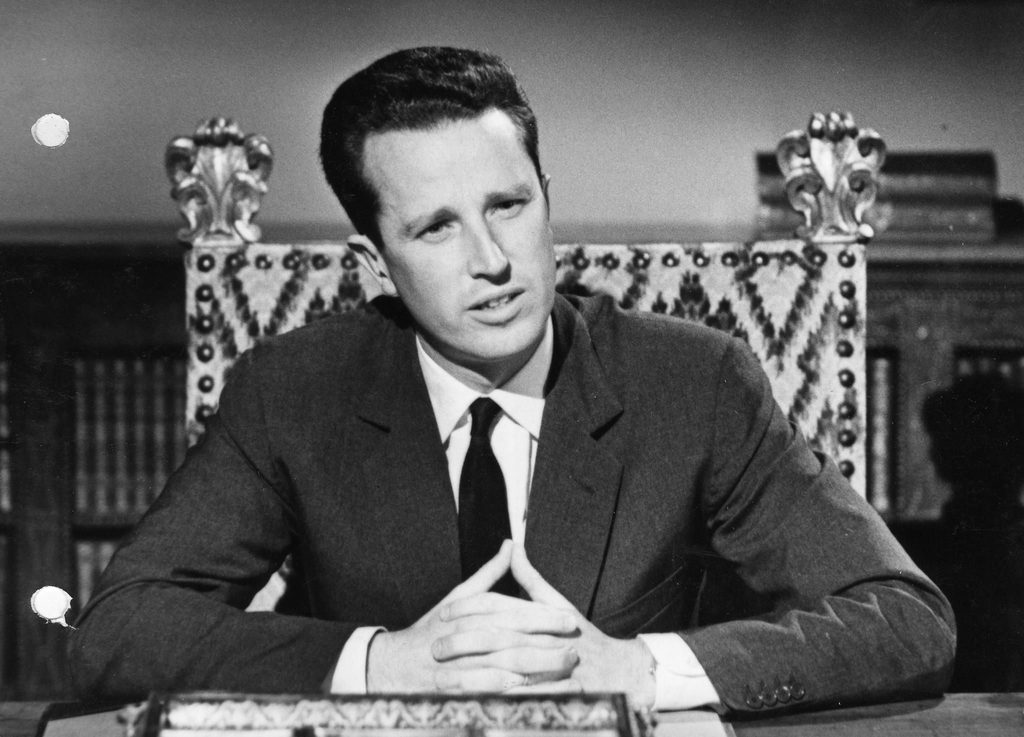Around midnight on Saturday 31 July 1993, Spanish news agency EFE issued a bulletin: "According to diplomatic sources, the King of the Belgians died in Motril."
Monday marks the 30th anniversary of the sudden death of Baudouin, the fifth King of the Belgians, who died at the age of 62 from cardiac arrest at the royal country residence in Motril, Spain after 42 years of kingship.
Following an emergency meeting where the King's death was confirmed, the country's Prime Minister at the time, Jean-Luc Dehaene immediately left for Spain along with his chief of cabinet and justice minister, where they were to officially record his death.
On his return to Belgium, Dehaene addressed the people and unexpectedly called on people "to regroup around Baudouin's constitutional successor, Prince Albert," the brother of the deceased monarch. In the months before Baudouin's death, rumours circulated that Prince Philippe, Albert's then 33-year-old eldest son, would one day take the throne.

A wake is organised around King Baudouin's coffin at Brussels' royal palace. Credit: Belga Archives
In the night from Sunday to Monday, Queen Fabiola and the future king returned to Belgium with King Baudouin's remains. The body was laid out in the Royal Palace in Brussels – causing a huge rush of people wishing to pay their last respects with many tens of thousands queueing for hours.
The government announced a national period of mourning that would last until the day of the funeral. Flags were hoisted at half-mast in many places in Belgium. On Saturday 7 August, the same day that King Baudouin would have celebrated his 63rd birthday, the funeral took place in the Cathedral of St Michael and St Gudula. His remains were interred in the Crypt of Laeken, next to his predecessors.
On the 30th anniversary of his death, the Royal Crypt will be accessible to the public from 14:00 to 17:00. His death will also be commemorated in Motril's city church with the archbishop of Granada. On Monday, a memorial to King Baudouin will be inaugurated at the residence where he and Fabiola spent their summer holidays.
The young, controversial king
King Baudouin was born in 1930 and was the eldest son of King Leopold III and Queen Astrid. Following the abdication of his father Leopold III – who had to step down for his actions during the Second World War and the Nazi occupation, in the so-called Royal Question – on 17 July 1950, Prince Baudouin became the fifth King of the Belgians at the young age of 21.
During Baudouin's reign, many institutional reforms were carried out in Belgium: the creation of the Regions (Flemish Region, Walloon Region, Brussels Capital Region) and the Communities (Flemish Community, French Community, German-speaking Community). In his many speeches, King Baudouin emphasised the need to preserve the country's unity.
Belgium also joined the European Economic Community (the forerunner of the European Union) during the early part of his reign.

King Baudouin and President Mobutu at Brussels Airport. Credit: Belga Archives
However, his four-decade reign did not always go smoothly, particularly when Congo became independent of Belgium in 1960. In his speech at the ceremony for the independence of the Republic of the Congo on 30 June 1960 (today's Democratic Republic of the Congo), which was meant to mark the end of Belgian rule, he praised Belgian colonialism and Leopold II.
In response, the prime minister at the time, Patrice Lumumba, unexpectedly took the floor to denounce the colonial misdeeds, which went down very badly with King Baudouin, leading to heated arguments.
Thirty years later, King Baudouin caused an unprecedented political crisis in Belgium by refusing to approve the abortion law. Through a legal diversion, it was ruled that the king was in "de facto incapacity to govern" for two days, allowing the council of ministers to approve the law.
No heirs
Baudouin had the reputation of being "a sad king" but he managed to rally much of Belgium behind his rule through his humanity and social commitment.
In 1960, King Baudouin married Doña Fabiola de Mora y Aragón from Spain, which changed the monarch's image. Queen Fabiola, who was enormously committed to helping people with social problems and was very actively encouraged both culture and art, died in 2014.
Although the royal couple could not have children, they continued to live close to their family and regularly invited nieces and nephews to Laeken. The monarch mainly educated his nephew Philip, whom he considered a natural successor, although his brother Albert was a constitutional heir to the throne.

King Baudouin and Queen Fabiola salute the population at the Palais Royal after their wedding. Credit: Belga Archives
In 1976, on the occasion of his 25 years of reign, the King Baudouin Foundation was founded to improve the living conditions of the population, for example by fighting poverty. The current Queen Mathilde is now the Honorary President of the King Baudouin Foundation.
Expressing his appreciation for his uncle's achievements and character, King Philip paid tribute to Baudouin in his 21 July speech this year. "Those who knew him will remember his smile, his gaze and his confident handshake," the Belgian monarch said. He spoke of Baudouin as "an example to many."

